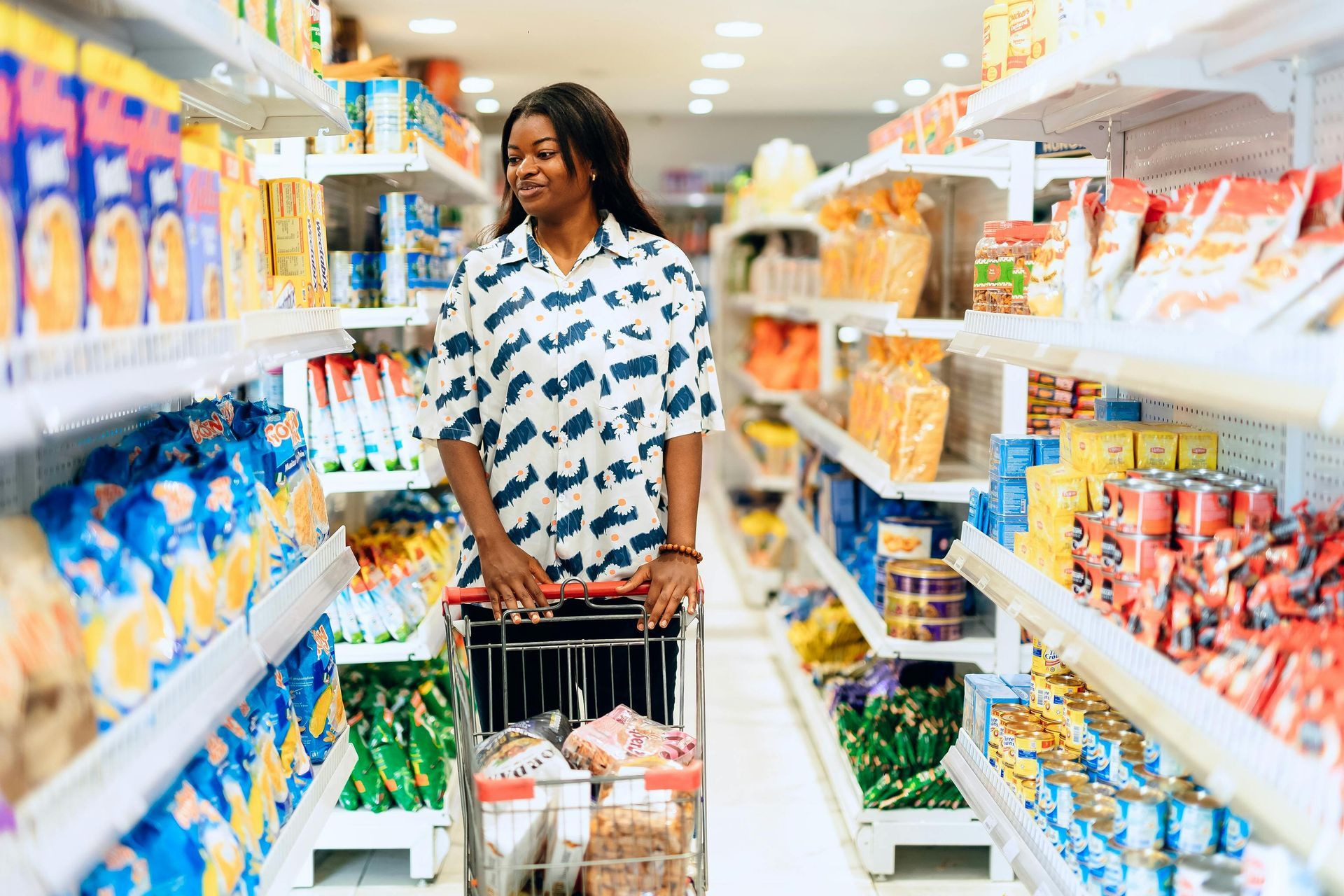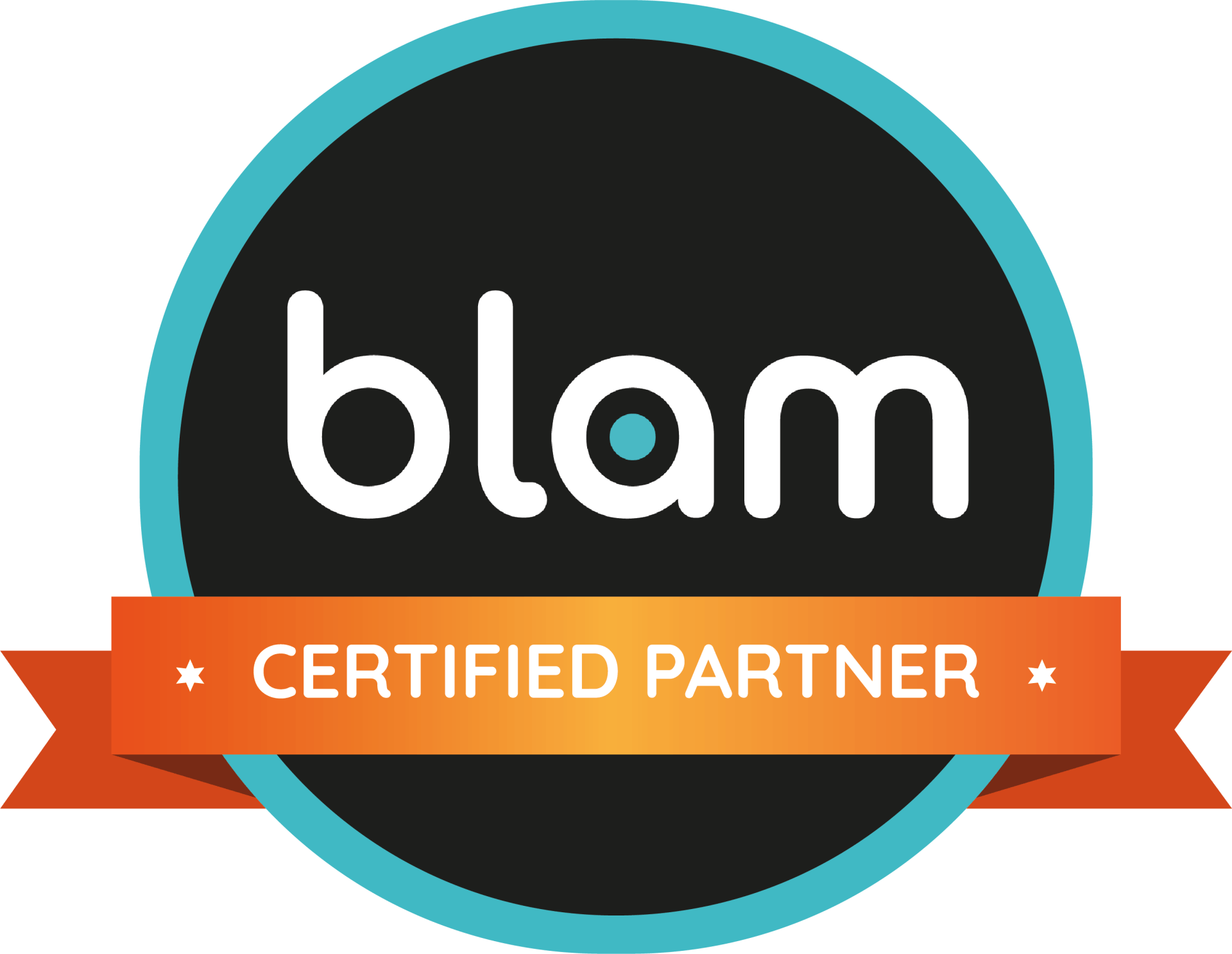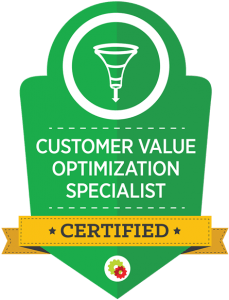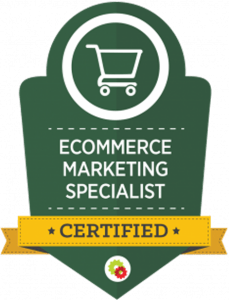The Quiet Revolution in Your Trolley: Why South African Shoppers Are Done with Ultra-Processed Nonsense
I've been watching my own shopping habits lately, and something's changed.
Three years ago, I'd grab whatever was convenient. Packet this, tinned that, frozen something-or-other that promised to be ready in ten minutes. These days? I'm reading labels. I'm checking for pesticides. I'm actually thinking about whether I need that processed snack or if I'm just buying it because it's there.
And here's the thing: I'm not alone.
A new report from PwC shows that 75% of South African consumers are worried about ultra-processed ingredients and pesticide use. Seventy percent are planning to eat more fresh produce. That's not a niche group of health nuts in Constantia. That's three-quarters of the country rethinking what they put in their mouths.
If you're running a business (food-related or not), this shift matters more than you think.
The Post-COVID Wake-Up Call Nobody's Talking About
Remember March 2020? We all got locked inside, suddenly hyperaware of our mortality, and started paying attention to things we'd ignored for years. Health wasn't just about fitting into your jeans anymore. It was about not ending up on a ventilator.
Four years later, that mindset hasn't disappeared. If anything, it's gotten louder.
South Africans are becoming more health-conscious, and they expect companies to support them in living healthier lives. Forty-two percent say health benefits are one of the most important reasons they'd switch brands. Not price. Not convenience. Health.
Let me say that again because it's easy to miss: nearly half of consumers will ditch your brand if a competitor offers something healthier.
That's a seismic shift in buying behaviour, and most businesses are still operating like it's 2019.
But Here's Where It Gets Complicated
Of course, there's a catch. (There's always a catch.)
Seventy-one percent of South Africans say they're "extremely" or "very" concerned about the cost of their food. The cost-of-living crisis is real, inflation's been brutal, and people are stretched thin.
So we've got this contradiction: consumers want healthier, cleaner food... but they also need it to be affordable.
Welcome to the tightrope every food business is now walking.
McKinsey's 2024 State of Grocery Retail report found that 70% of high-income shoppers and 60% of low-income shoppers are focused on healthier eating. Even more interesting? Over half of South Africans, regardless of income, say they're willing to pay above market price for high-quality, healthy food.
They want to eat better. They're even willing to spend more. But only if you can convince them it's worth it.
What the Big Players Are Doing (And What It Tells Us)
Some retailers saw this shift coming and adjusted. Others are scrambling to catch up.
Woolworths has been playing the health-conscious, sustainability game for years with their "Farming for the Future" programme. 800 farms across South Africa reducing pesticide use, improving soil health, and producing cleaner food. They market heavily on organic, pesticide-free, and regenerative farming.
Their new Emporium format in Durbanville? Bloom bars where you can make custom bouquets, sushi counters, expanded fresh produce sections. It's aspirational, theatrical even. And it works. For their target market of upper-income consumers who can afford to prioritise health.
But here's what's telling: even Woolworths got called out in 2024 by Topic SA for not always delivering on their organic claims. The desire for transparency is so strong now that consumers and watchdog groups are actually checking.
Checkers, on the other hand, went a different route. In 2024, they partnered with Discovery Vitality to offer a HealthyFood benefit on certain products. Buy fresh produce, earn rewards. Suddenly, Checkers' Freshmark produce business saw a "step change" in growth.
They didn't rebrand as a health store. They just made it financially rewarding to buy healthier options. Smart.
Pick n Pay launched a zero-waste pilot in Stellenbosch, diverting 600kg of food waste per week and setting a goal to reduce food waste by 50% by 2030. They're also expanding organic and gluten-free ranges, introducing upmarket formats with gourmet butcheries and grab-and-go counters.
The message is clear: the big retailers know where this is going. They're investing in fresh, local, sustainable, and transparent.
If you're in food retail and you're not thinking about this, you're already behind.
But This Isn't Just About Food
Here's where it gets interesting for businesses that have nothing to do with groceries.
Consumer habits don't exist in isolation. The person who's reading labels at Woolworths and choosing pesticide-free tomatoes? They're also the person making decisions about which gym to join, which skincare brand to buy, which restaurant to eat at, and which businesses to support.
The shift toward health-conscious, sustainability-focused, transparency-demanding behaviour isn't confined to food. It's a broader mindset change.
According to BMi Research's latest data, 68% of township consumers prioritise price in their buying decisions, but a third prefer local entrepreneurs over national chains. That's not just about affordability. It's about trust, community, and knowing where your money goes.
People want to feel good about their choices. They want to know the story behind what they're buying. They want brands that align with their values, not just their budgets.
If you're running a service business, a retail shop, a restaurant, or even a marketing agency (guilty), understanding this shift matters. Your customers' personas are evolving. The pain points that mattered three years ago might not be the same ones keeping them up at night now.
The Warning Signs You're Missing the Shift
You might be getting it wrong if:
- Your marketing still focuses only on price or convenience. Health, sustainability, and transparency are now part of the value equation. If you're not addressing these, someone else will.
- You're selling "healthy" without being able to back it up. Greenwashing and health-washing are dead on arrival. South African consumers are savvier than you think. If you claim it's organic, they'll check. If you say it's local, they'll ask where.
- You're ignoring the cost-conscious health seeker. The assumption that "healthy = expensive = only for rich people" is outdated. Sixty percent of low-income shoppers want healthier options. If you can figure out how to deliver quality and affordability, you win.
- Your brand has no story beyond "we sell stuff." People want to know why you exist, who you're helping, and how you're making things better. Generic positioning doesn't cut it anymore.
- You're still talking about your product features instead of outcomes. Nobody cares that your tomatoes are "fresh." They care that they're pesticide-free, locally grown, and won't harm their kids. Speak to the outcome, not the feature.
The Opportunity (For Those Paying Attention)
This isn't doom and gloom. It's opportunity.
If you're in food retail, hospitality, or any consumer-facing business, here's what you can do:
1. Get transparent, fast.
Tell your customers where your stuff comes from. Who grows it, how it's made, what's in it. If you can't answer these questions, figure it out, or your competitors will.
2. Position around health and affordability.
Don't assume your customers can only care about one. Show them how they can eat better without breaking the bank. Bundle deals on fresh produce. Highlight cost-per-meal instead of cost-per-item.
3. Leverage local.
South Africans are increasingly favouring local over imported. If you're sourcing locally, say so. If you're supporting local farmers, shout about it. It's not just good marketing. It's what people actually want.
4. Reward the behaviour you want to see.
Checkers didn't lecture people about eating healthier. They rewarded them for doing it. Think about how you can incentivise the shift you want your customers to make.
5. Understand your customer's new priorities.
Health isn't just about food. It's about mental well-being, physical activity, stress management, financial security. If you can tie your product or service to any of these, you're speaking their language.
Beyond the Trolley
Here's what most businesses miss: this isn't a trend. It's a recalibration.
COVID forced a lot of people to ask, "What actually matters?" The answer for millions of South Africans has been: health, family, community, sustainability, and living with less waste.
That mindset doesn't switch off when they leave the grocery store. It informs every purchase decision they make.
If you're still marketing like it's 2019 (leading with features, focusing only on price, assuming convenience trumps everything), you're speaking a language your customers are starting to forget.
The businesses that win over the next five years will be the ones that understand this shift and adapt. Not with lip service. Not with vague "we care about the planet" taglines. But with real, tangible changes to what they offer and how they talk about it.
The revolution isn't happening in boardrooms. It's happening in shopping trolleys. Every time someone picks up the pesticide-free option instead of the cheapest one. Every time they choose local over imported. Every time they read a label and decide they deserve better.
Pay attention. Your customers already are.
Need help repositioning your brand to speak to today's health-conscious, value-driven consumer?




















